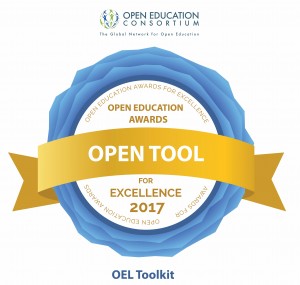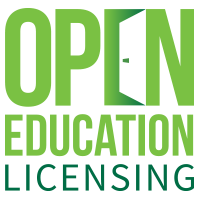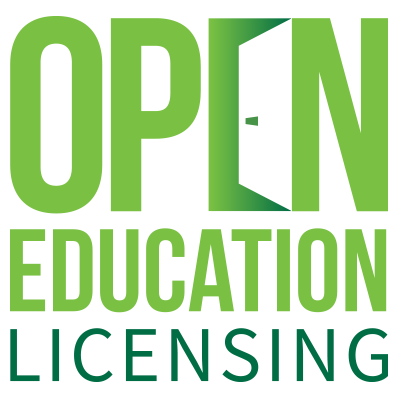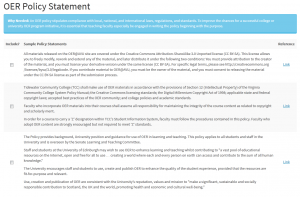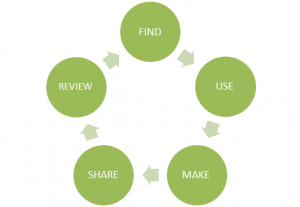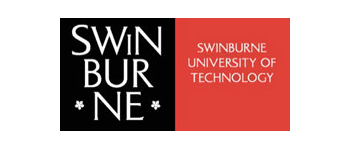We are excited to announce that our Open Education Licensing Toolkit has been awarded one of the 2017 Awards for Open Education Excellence by the Open Education Consortium global network. It is a great honour to receive this award alongside teams from all over the world working in open education. Our team member Carina Bossu was in Cape Town, South Africa last week to accept the award on behalf of the OEL Project team at the OEC Global Conference.
The Open Education Consortium is a non-profit, social benefit organisation made up of individuals, educational institutions and organisations that support the development of Open Education.
Their mission is to promote, support and advance openness in education around the world.
The Open Education Consortium global conference is held every year. The conference brings together administrators, policy makers, faculty, students, researchers and other professionals who all share an interested in helping Open Education shape the future of education worldwide.
The OEL project team are delighted to receive this award, particularly in a new category that recognises the need for resources outside of the customary open courses and sites. We hope the Open Tools category will be one that develops in future years.
If you are not familiar with the Open Education Consortium, we recommend you have a look around their site, which has some great information.
